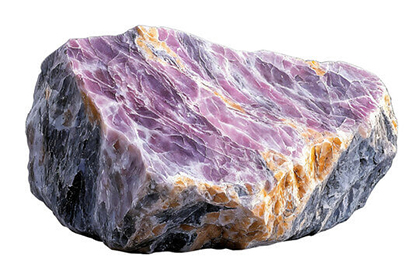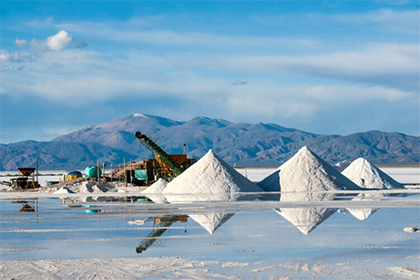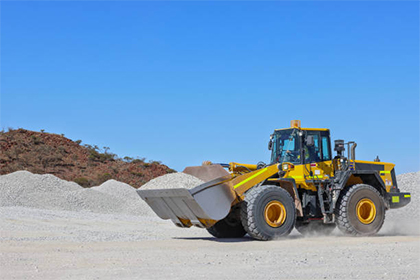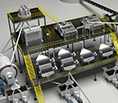The Cost of Setting Up a Chrome Washing Plant
 Sheena
Sheena
 Nov 09, 2024
Nov 09, 2024
 1326
1326
If you want to know more details about equipment, solutions, etc, please click the button below for free consultation, or leave your requirements!
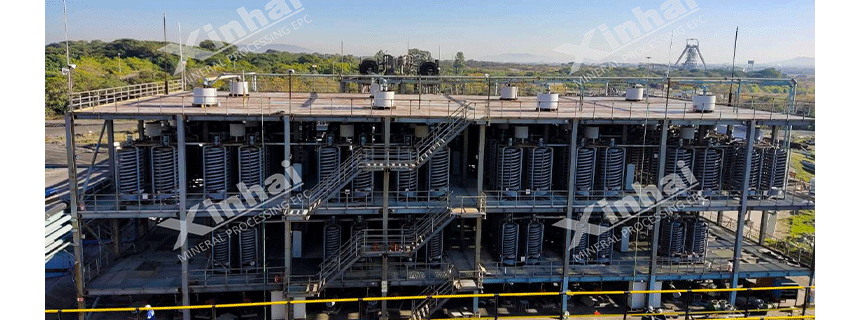
South-Africa-3000tpd-chrome-ore-dressing-site
The chrome washing plant business can be highly profitable, especially in areas with abundant chrome deposits. Setting up a chrome wash plant can help in meeting the global demand for high-quality chrome used in various industrial applications, from stainless steel production to automotive manufacturing. In this article, we'll cover the key factors affecting the cost of a chrome washing plant, and discuss what you need to consider when budgeting for this venture.
01Understanding the Chrome Washing Plant Process
Back
A chrome washing plant processes chrome ore by separating the chrome from other materials. This involves a series of stages: crushing, washing, screening, and sorting, each of which requires specialized machinery. The main goal is to achieve high-purity chrome ore that meets industry standards, while also managing waste efficiently and adhering to environmental guidelines.
02Key Cost Factors for a Chrome Washing Plant
Back
When setting up a chrome washing plant, you need to consider both initial setup costs and ongoing operating expenses. The main categories of expenses are:
1. Land and Site Preparation
1.1 Land Costs: Land costs vary significantly depending on location. Generally, it's advantageous to choose land close to chrome ore deposits or mines to reduce transportation costs.
1.2 Site Preparation: Site preparation includes leveling, foundation building, and other preliminary work to accommodate heavy equipment and infrastructure.
2. Licensing, Permits, and Compliance
Mining and processing chrome ore often require licenses and permits to comply with local and national regulations. Environmental regulations may require assessments and pollution control measures.
3. Equipment and Machinery
The most significant expense for a chrome washing plant is the equipment needed for each processing stage. Here's a breakdown:
3.1 Crushers and Grinders: To break down large rocks and prepare chrome ore for washing.
3.2 Washing Equipment: Chrome washing relies heavily on high-quality washing machinery. Key items include:
3.2.1 Trommel Screens or Drum Screens: Used for preliminary separation of ore.
3.2.2 Spiral Separators and Jigs: Essential for the separation process.
3.2.3 Conveyor Systems: To transport materials through different stages, conveyor belts are essential.
3.3 Water Pumps and Filtration Systems: Since chrome washing requires large volumes of water.
3.4 Installation Costs: Machinery installation, calibration, and testing costs.
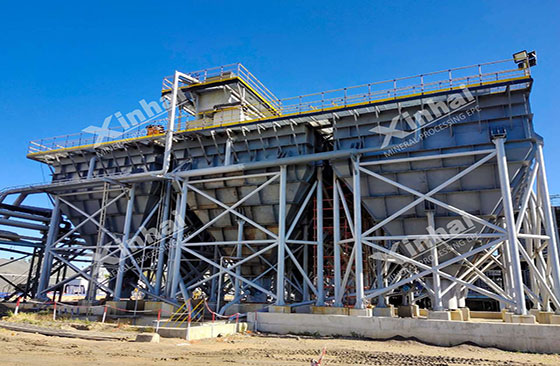
4. Infrastructure and Utilities
4.1 Electricity and Power Generation: Chrome washing plants typically need substantial power. While connecting to a power grid is often the best option, in remote areas, you may need generators.
4.2 Water Supply and Storage: With water being crucial for chrome washing, water storage tanks, reservoirs, or dedicated lines are necessary.
4.3 Office and Staff Facilities: Plant facilities, including administrative offices, storage spaces, and rest areas for workers.
03Operating Costs
Back
Once the plant is up and running, ongoing operational costs are critical to maintaining smooth operations and profitability.
1. Labor Costs
Hiring qualified personnel, including operators, maintenance staff, and administrative employees, is essential. Labor costs vary widely based on location.
2. Maintenance and Repairs
Chrome washing plants involve complex machinery that requires regular maintenance.
3. Raw Material Costs
For ongoing production, reliable chrome ore suppliers are essential. Many chrome wash plants have partnerships with local mines or buy directly from chrome ore suppliers. The cost of raw materials is generally determined by weight, quality, and chrome content. You will also need to account for transport costs if the ore source is not nearby.
4. Utilities and Consumables
Electricity, water, and other consumables are essential for operating a chrome washing plant. Utility costs will depend on energy requirements, the frequency of production, and plant efficiency.
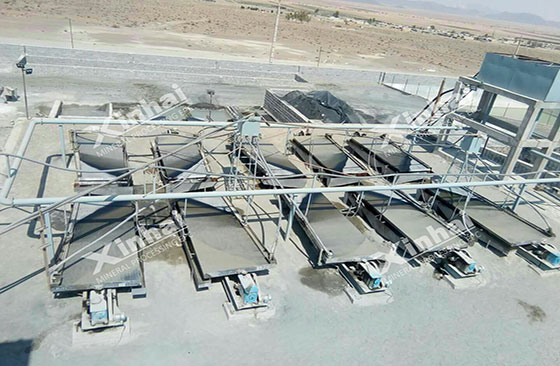
04Return on Investment (ROI)
Back
The profitability of a chrome washing plant depends on various factors, including the cost of chrome ore, operational efficiency, and product demand. High-purity chrome products are in demand globally, especially in the steel and automotive industries, offering strong sales potential. With effective cost management and a reliable supply chain, many chrome wash plants achieve ROI within 1-3 years.
05Conclusion
Back
The cost of setting up a chrome washing plant is about $7,800.00. Starting a chrome washing plant can be a lucrative business, but the initial costs are significant. By carefully evaluating equipment, location, and operational expenses, you can establish a well-structured budget to manage costs efficiently. Chrome wash plants serve as critical parts of the chrome supply chain, supporting industries worldwide. With careful planning and sound financial strategies, setting up a chrome washing plant can be a profitable investment in the mining sector.
 +86 18716000713
+86 18716000713 xlyin@xinhaimining.net
xlyin@xinhaimining.net



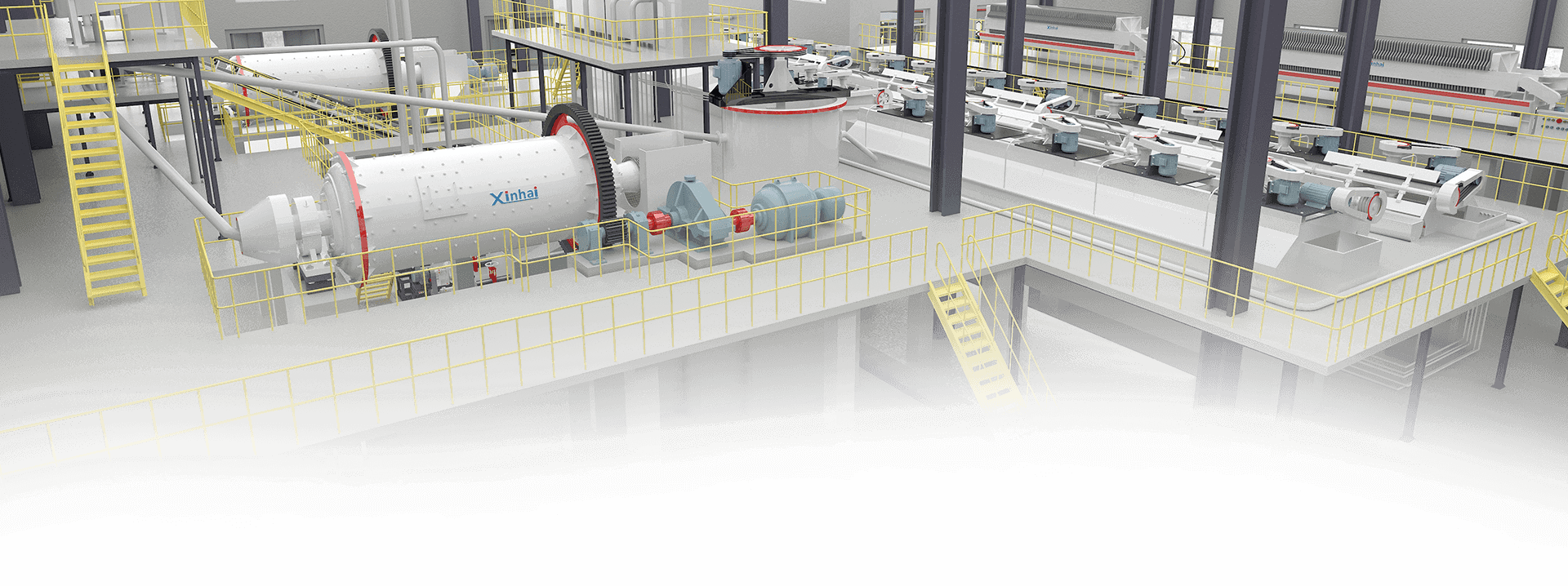
 Message
Message Chat Now
Chat Now


